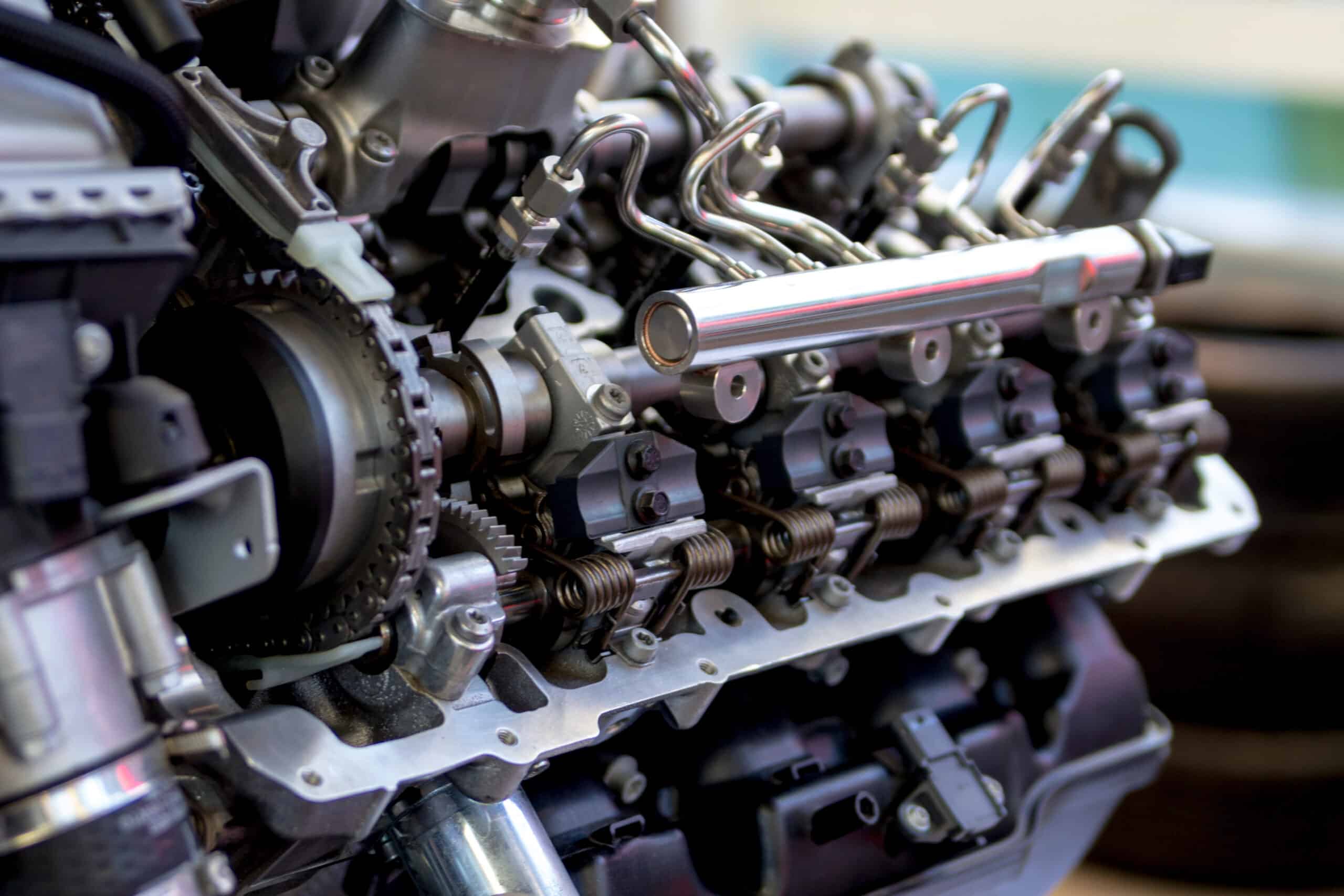Engines For Africa: Your Trusted Companion for Motor Needs
Discover a Wide Variety of Engines for each Automobile and Function
The auto landscape is increasingly complex, with a diverse range of engine kinds made to meet details efficiency and effectiveness needs across various lorry groups. In addition, sturdy engines serve the needs of job lorries, while environment-friendly choices are getting traction in the pursuit of lasting transportation.
Types of Automotive Engines
Automotive engines can be classified into numerous distinct types, each developed to satisfy certain efficiency and efficiency needs. The most common categories consist of inner combustion engines, electrical engines, and hybrid systems.

Electric engines, on the other hand, run on electric power kept in batteries, supplying instantaneous torque and absolutely no exhausts. These engines are becoming increasingly preferred due to advancements in battery technology and the expanding focus on sustainability.
Hybrid systems incorporate both inner combustion and electrical engines, allowing vehicles to optimize gas efficiency and minimize emissions by flawlessly changing in between source of power. Each engine kind presents its advantages and disadvantages, affecting elements such as lorry layout, intended use, and market need. When choosing the proper engine for their specific needs., recognizing these distinctions is essential for customers and makers alike.
Performance Engines for Sports Cars
Performance engines for cars are particularly crafted to deliver enhanced power, speed, and dexterity, establishing them apart from basic automotive engines. These engines usually utilize advanced innovations such as turbocharging, supercharging, and variable shutoff timing to make the most of efficiency and responsiveness.
Normally, performance engines are made with greater compression ratios, which permit higher power extraction from fuel. This results in remarkable horse power and torque figures, making it possible for quick velocity and higher full throttle. In addition, the light-weight materials made use of in these engines, such as light weight aluminum and carbon fiber, add to minimized overall vehicle weight, enhancing handling and maneuverability.
Engine arrangements like V6, V8, and also hybrid systems prevail in performance sports autos, each offering distinct benefits in regards to power shipment and driving characteristics. The adjusting of these engines is also critical; numerous suppliers enhance the engine management systems to offer an exhilarating driving experience, often consisting of sporting activity settings that readjust throttle feedback and equipment shifts.
Effective Engines for Daily Commuters
In the world of everyday travelling, reliable engines play an essential duty in optimizing gas economic climate and lessening emissions while supplying dependable efficiency. As city populaces expand and ecological problems heighten, the demand for lorries geared up with efficient powertrains has actually risen.
Modern engines developed for daily commuters usually include technologies such as turbocharging, direct gas shot, and crossbreed systems. Turbocharging boosts engine effectiveness by requiring more air right into the combustion chamber, enabling smaller sized, lighter engines that do not endanger power output. Direct fuel shot boosts gas atomization, leading to much better combustion and look at this site enhanced efficiency.
Hybrid engines, integrating interior burning with electrical power, further increase fuel economic situation, especially in stop-and-go traffic, where typical engines can experience from inefficiencies. Electric motors browse around these guys assist during acceleration and can operate independently at low rates, lowering general fuel consumption.
In addition, improvements in engine administration systems and lightweight products add substantially to effective engine layout. By concentrating on efficiency, resilience, and environmental sustainability, manufacturers remain to deliver engines that not only meet the demands of everyday travelling yet additionally straighten with international initiatives to minimize carbon impacts.
Heavy-Duty Engines for Work Cars
Sturdy engines for job vehicles are routinely engineered to provide exceptional torque and integrity under requiring conditions. These engines are developed to carry out in settings where conventional engines may fail, such as building websites, logging operations, and farming settings. The key emphasis of durable engines is their ability to generate high levels of power while preserving durability over expanded durations of procedure.
Normally, sturdy engines utilize advanced products and durable building and construction methods to endure the rigors of heavy workloads. Attributes such as strengthened cylinder blocks, boosted air conditioning systems, and advanced gas injection technologies contribute to their effectiveness. These engines usually operate at reduced RPMs, which assists to optimize gas efficiency while offering the necessary power for carrying and lugging.
In addition to mechanical toughness, heavy-duty engines are frequently furnished with innovative digital control units (ECUs) that manage efficiency, emissions, and diagnostics. This assimilation permits for better surveillance and maintenance, making sure that job automobiles remain functional and efficient.
Ultimately, sturdy engines are a vital component in the performance of various industries, offering the essential power and integrity to take on the toughest of tasks.
Eco-Friendly Engine Options
The expanding focus on sustainability has actually led to the development of environment-friendly engine alternatives that focus on lowered discharges and enhanced gas effectiveness. These engines are made to decrease the environmental impact of vehicles while still delivering the efficiency and reliability expected by customers.
Among one of the most noteworthy green alternatives are electric and hybrid engines. Hybrid engines integrate conventional internal combustion engines with electrical propulsion, enabling decreased blog gas intake and lower greenhouse gas emissions. Electric engines, on the other hand, run completely on battery power, generating no tailpipe exhausts and adding to cleaner air top quality.
One more promising advancement is the advancement of biofuel engines, which make use of eco-friendly sources, such as plant products, to power cars (Engines For Africa). By utilizing biofuels, these engines can reduce dependence on nonrenewable fuel sources and reduced total carbon footprints

As the auto sector develops, eco-friendly engine alternatives will play an essential function in driving the change towards even more lasting transport options.
Conclusion
From high-performance engines that enhance sports vehicle capabilities to effective designs prioritizing gas economic climate for everyday commuters, each type offers a particular feature. Sturdy engines provide to robust job automobiles, while eco-friendly choices, such as electrical and biofuel engines, advertise sustainable transportation.
